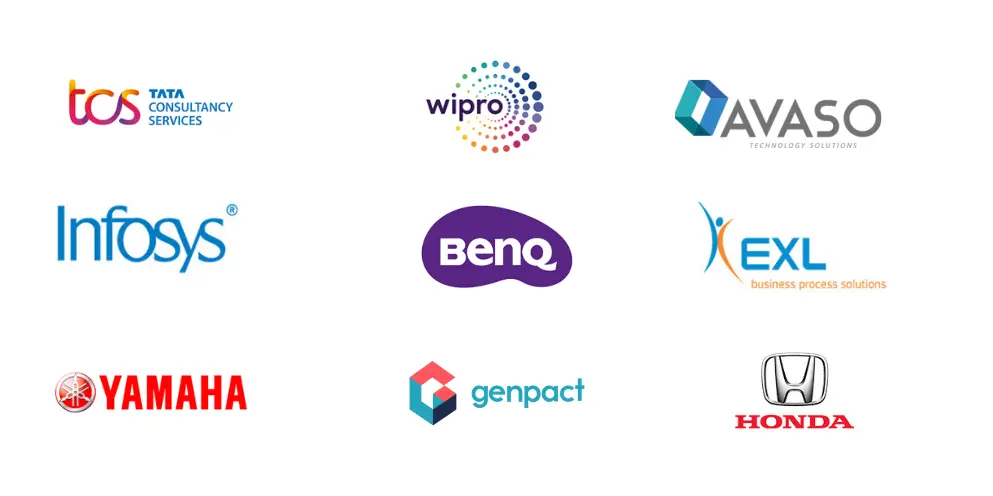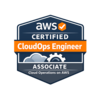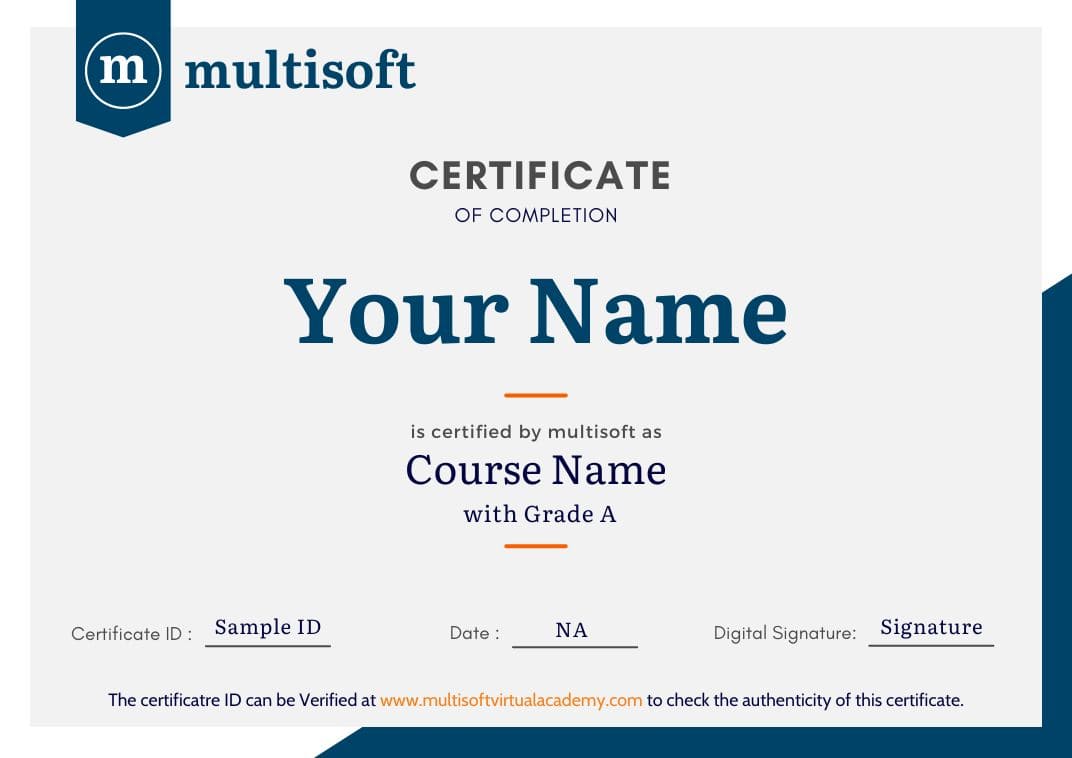Trusted by enterprises across the globe


Designed for all your training needs

Flexible On-Demand Group Learning
Flexible, corporate learning for groups, accessible anytime, anywhere.

Instructor-Led Live, Online Training
Real-time, interactive classes taught by SME via web conferencing.

Independent Self-Paced Learning
Individual learning at your own speed, with access to digital materials.

Customized On-Site Training
Customized, face-to-face training sessions delivered at your location.
Curriculum Designed by Experts
Multisoft Virtual Academy’s Salesforce Service Cloud Consultant Corporate Training is a customized program designed to equip teams with the essential skills to implement, optimize, and manage Salesforce Service Cloud solutions effectively. This training focuses on customer-centric service delivery, automation tools, knowledge base creation, and real-time case handling. Delivered by certified experts, the course combines live interactive sessions, practical case studies, and guided project work to ensure deep understanding and business-ready capabilities. Whether you're scaling support operations or enhancing team performance, this course is ideal for IT teams, CRM managers, service agents, and consultants aiming to deliver high-quality customer experiences.
The Salesforce Service Cloud Consultant Certification Course offered by Multisoft Virtual Academy is designed to equip professionals with the skills required to implement and optimize the Salesforce Service Cloud solution. This course dives deep into customer service processes, case management, contact center analytics, and integration techniques.
- Factors that influence key contact center metrics, KPIs, and business challenges
- Use cases, costs and benefits for different interaction channels
- Challenges and considerations for business continuity in the contact center
- Compare and contrast the different types of contact centers and their business drivers
- Identify the core tenets of KCS.
- Describe how various components of a contact center can solve different business challenges
- Given a scenario, determine how to facilitate a successful consulting engagement
- Given a scenario, determine appropriate contact center deployment strategies
- Given a scenario, analyze customer requirements to determine an appropriate solution design considering capabilities, limitations and design trade-offs
- Distinguish when it is appropriate to include custom application development or third-party applications
- Distinguish the key components that contribute to performance optimization within a design
- Describe the user experience requirements that can be solved by the Salesforce Console for Service
- Explain the knowledge article lifecycle including creation, publishing, consumption, and feedback.
- Given business process requirements, determine the appropriate approach to manage Knowledge adoption and maintenance
- Compare and contrast Files, Content, Solutions, and Knowledge.
- Given a set of requirements, determine how to configure data categories, article types, and publishing workflow D
- Distinguish the key factors to consider when designing a Knowledge data migration strategy
- Describe the use cases and functionality for each interaction channel including mobile, phone, email, web, chat and social media
- Differentiate between the available email-to-case and web-to-case solutions and explain how to configure each
- Explain the Open CTI features, architecture, and implications
- Given a set of requirements, recommend the appropriate Communities solution
- Explain the design considerations and best practices when configuring an interaction channel solution
- Given a set of requirements, design a case management solution from case creation to closure including case assignment, case escalation, case resolution, and case disposition.
- Describe the relationships between cases and other areas such as assets, entitlements, Communities, Live Agent, and Knowledge
- Given a set of KPIs, determine the appropriate case management solution
- Identify use cases for Chatter, Chatter Answers and Case Feed within case management
- Explain the capabilities, use cases, and how to configure the service entitlements in Salesforce
- Explain the use cases, capabilities and limitations of Visual Workflow pertinent to case management
- Identify capabilities for managing cases using social media
- Given a set of desired metrics, determine the appropriate reporting solution taking into account data sources, data volume, and various contact center technologies
- Given a scenario, evaluate the considerations when designing reports and dashboards to serve different stakeholders (agents, supervisors, managers, executives)
- Given a scenario, recommend appropriate strategies to measure adoption given customer size, implementation design, and required metrics
- Given a scenario, analyze the implications and design considerations of large data and transaction volumes.
- Explain the use cases and considerations common to contact center integration patterns.
- Explain the use cases and considerations for data migration and data quality
Free Career Counselling
We are happy to help you 24/7Multisoft Corporate Training Features
Outcome centric learning solutions to meet changing skill-demand of your organizationWide variety of trainings to suit business skill demands
360° learning solution with lifetime access to e-learning materials
Choose topics, schedule and even a subject matter expert
Skilled professionals with relevant industry experience
Customized trainings to understand specific project requirements
Check performance progress and identify areas for development
Free Salesforce Service Cloud Consultant Corporate Training Assessment
Right from the beginning of learning journey to the end and beyond, we offer continuous assessment feature to evaluate progress and performance of the workforce.
Try it Now

Salesforce Service Cloud Consultant Corporate Training Certification
Related Courses
A Role Based Approach To Digital Skilling
A roadmap for readying key roles in your organization for business in the digital age.
 Download Whitepaper
Download Whitepaper















 Join our Live Instructor-Led online classes delivered by industry experts
Join our Live Instructor-Led online classes delivered by industry experts